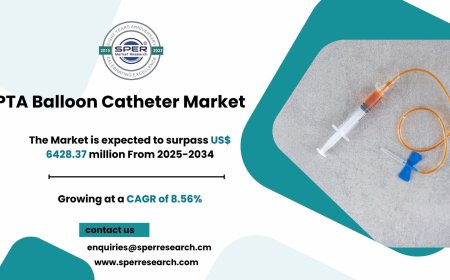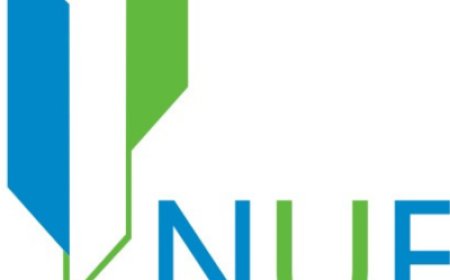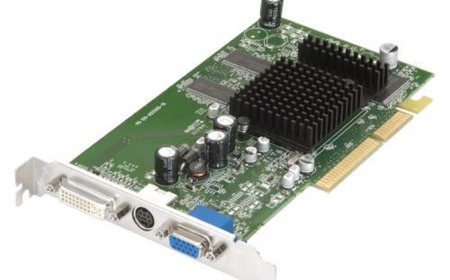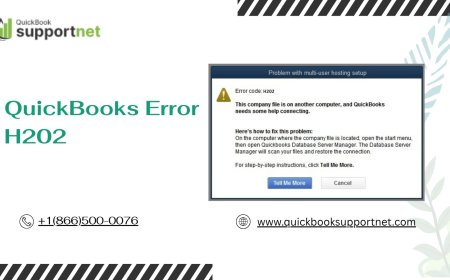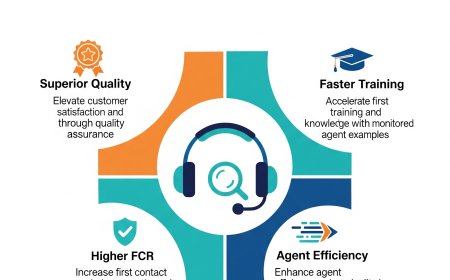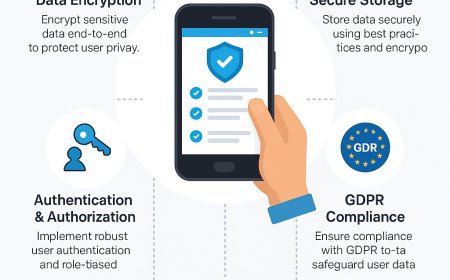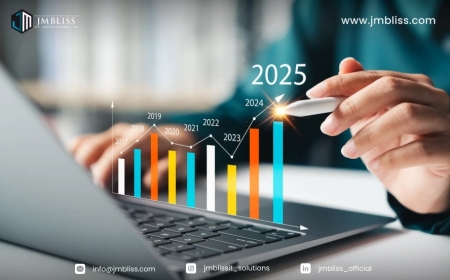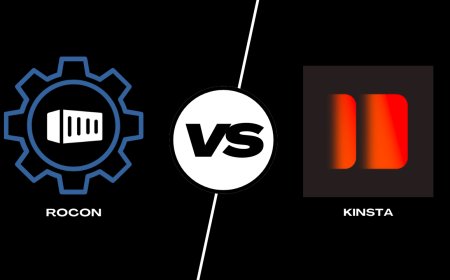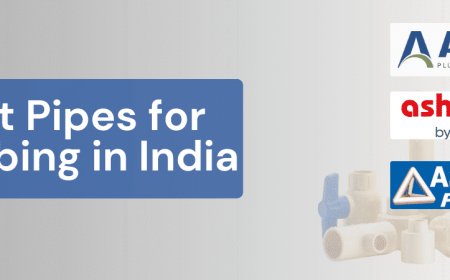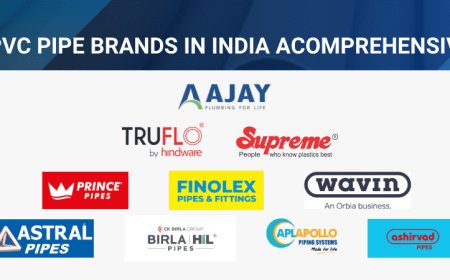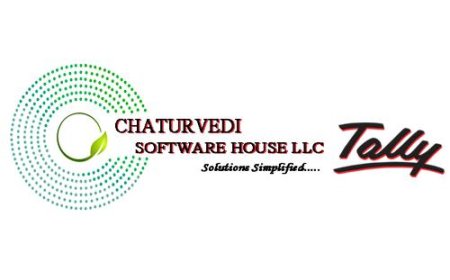HIPAA Certification in Singapore: Strengthening Healthcare Data Privacy and Security

HIPAA Certification in Singapore As healthcare and technology continue to converge, protecting sensitive patient data has become a global priority. While the Health Insurance Portability and Accountability Act (HIPAA) is a U.S. law, its standards for safeguarding protected health information (PHI) have gained global recognition. In Singapore, organizations that handle U.S. patient dataor partner with U.S.-based healthcare entitiesare increasingly seeking HIPAA Certification to demonstrate compliance and enhance trust.
Whether you're a healthcare provider, medical billing company, health tech firm, or IT service provider, achieving HIPAA Certification in Singapore helps meet international data privacy standards and unlocks new business opportunities.
What is HIPAA Certification?
HIPAA Implementation in Singapore is a U.S. federal law enacted in 1996 to protect sensitive patient health information from being disclosed without the patients consent or knowledge. While HIPAA is not an international law, many organizations outside the U.S. seek HIPAA compliance voluntarily, especially if they deal with electronic protected health information (ePHI) related to U.S. citizens.
HIPAA consists of several key rules:
-
Privacy Rule Regulates the use and disclosure of PHI
-
Security Rule Sets standards for protecting ePHI
-
Breach Notification Rule Requires covered entities to notify patients and authorities of data breaches
-
Enforcement Rule Describes penalties for non-compliance
Why HIPAA Certification Matters in Singapore
Singapore is a major hub for healthcare services, medical research, digital health innovation, and health-tech startups. Many Singapore-based organizations collaborate with U.S. hospitals, insurers, or research institutions and may access or process U.S. patient data.
Obtaining HIPAA Certification offers several benefits:
-
Market Access
Enables partnerships with U.S. healthcare providers, payers, and life sciences companies.
-
Customer Trust
Demonstrates a serious commitment to data protection and privacy compliance.
-
Regulatory Alignment
Complements Singapores Personal Data Protection Act (PDPA), reinforcing best practices in data governance.
-
Competitive Advantage
Distinguishes your organization in the global healthcare and health-tech market.
-
Risk Mitigation
Reduces the likelihood of data breaches, regulatory penalties, and reputational damage.
Who Should Pursue HIPAA Certification in Singapore?
While HIPAA is mandatory only for U.S.-based covered entities and business associates, Singapore-based organizations that work with them often need to comply, including:
-
Healthcare BPOs and billing services
-
Health IT and software development companies
-
Telemedicine providers
-
Cloud storage and hosting services for PHI
-
Medical research organizations
-
Medical device and digital health app developers
If your organization handles, stores, processes, or transmits PHI on behalf of a U.S. healthcare partner, HIPAA compliance is essential.
HIPAA Certification Process in Singapore
Unlike ISO certifications, HIPAA does not have an official certification body or standardized certificate. However, organizations can pursue third-party assessments and audits to validate compliance.
Heres how to approach HIPAA compliance in Singapore:
-
HIPAA Gap Assessment
Conduct a thorough assessment to identify compliance gaps in privacy, security, and breach notification practices.
-
Policy Development
Develop HIPAA-compliant policies, including access control, incident response, encryption, and data retention.
-
Security Risk Analysis
Perform risk analysis to identify threats to ePHI and implement safeguards.
-
Staff Training
Train employees on HIPAA regulations, safe data handling, and breach response protocols.
-
Technical Safeguards Implementation
Set up access controls, audit logs, encryption, and secure transmission protocols for PHI.
-
Third-Party Audit or Attestation
Engage a HIPAA-compliance consulting firm or auditor to assess and issue a letter of attestation or compliance report.
Choosing a HIPAA Compliance Partner in Singapore
Several cybersecurity and compliance firms operate in Singapore and offer HIPAA readiness assessments, gap analysis, and audit services. Reputable names include:
-
TV SD
-
SGS
-
Ecfirst
-
A-LIGN
-
Coalfire
-
Compliancy Group
While no "official" HIPAA certification exists, a trusted third-party attestation is widely accepted by U.S. partners and regulators.
Final Thoughts
HIPAA Certification Consultants in Singapore strengthens its role in global healthcare and digital health, HIPAA Certification serves as a powerful trust signal for organizations handling sensitive medical data. Even though HIPAA isnt mandated by local law, voluntary compliance enables secure cross-border data flows, builds client confidence, and sets a high standard for privacy and security.
For Singapore-based businesses aiming to expand into U.S. healthcare markets or handle U.S. patient data, investing in HIPAA compliance is a strategic and ethical choice.
















